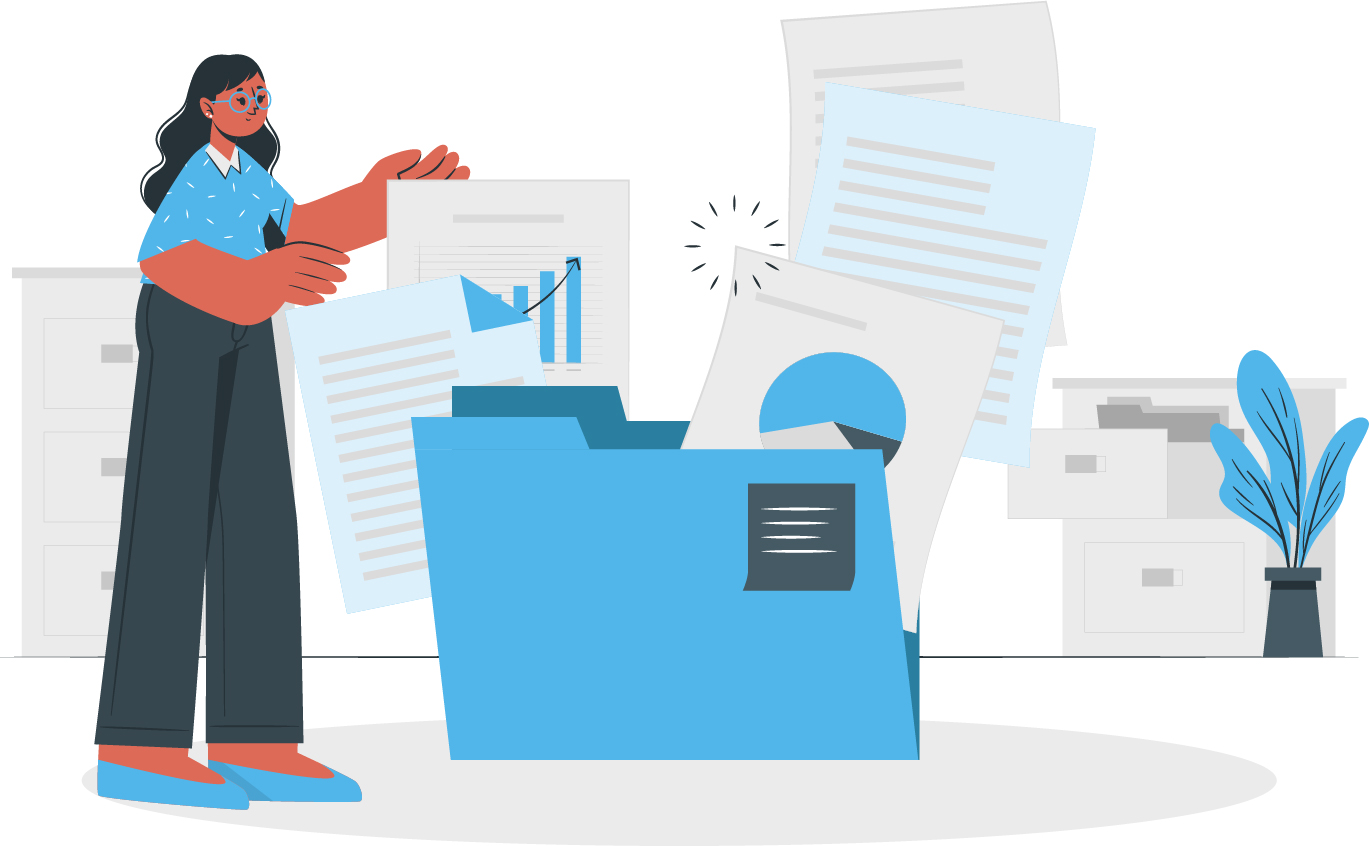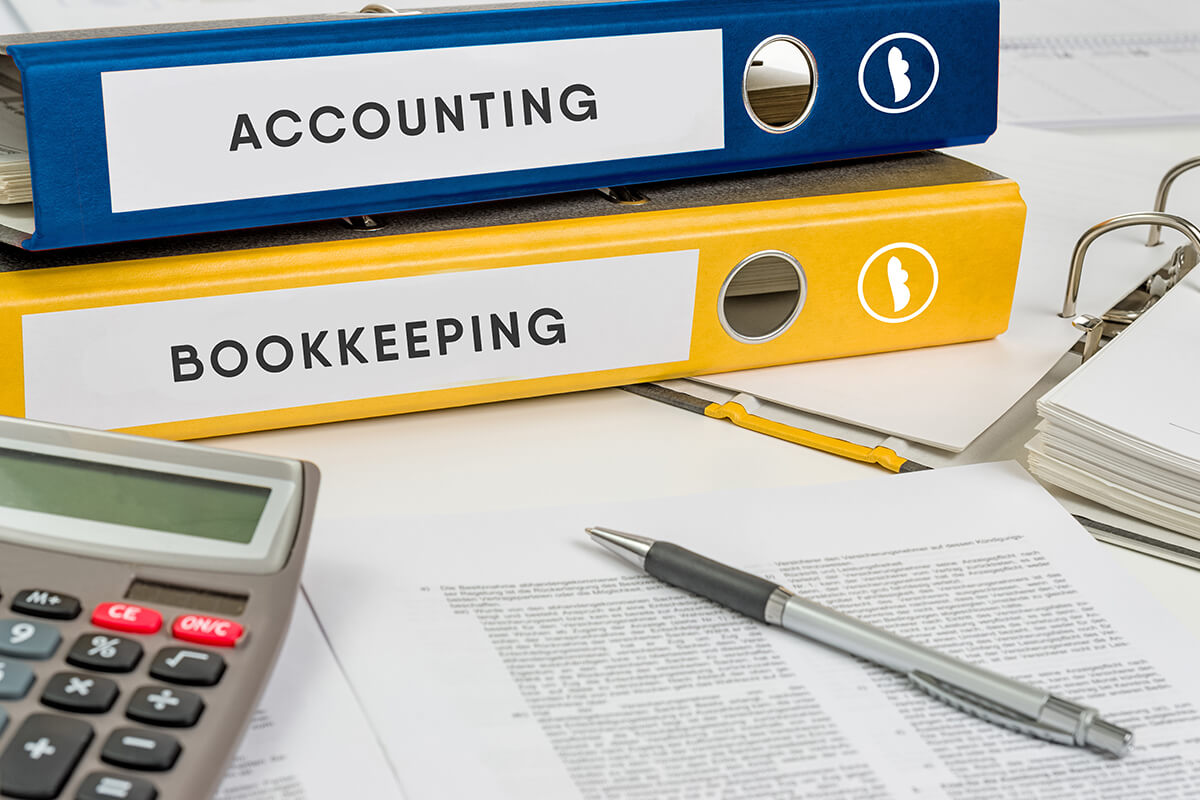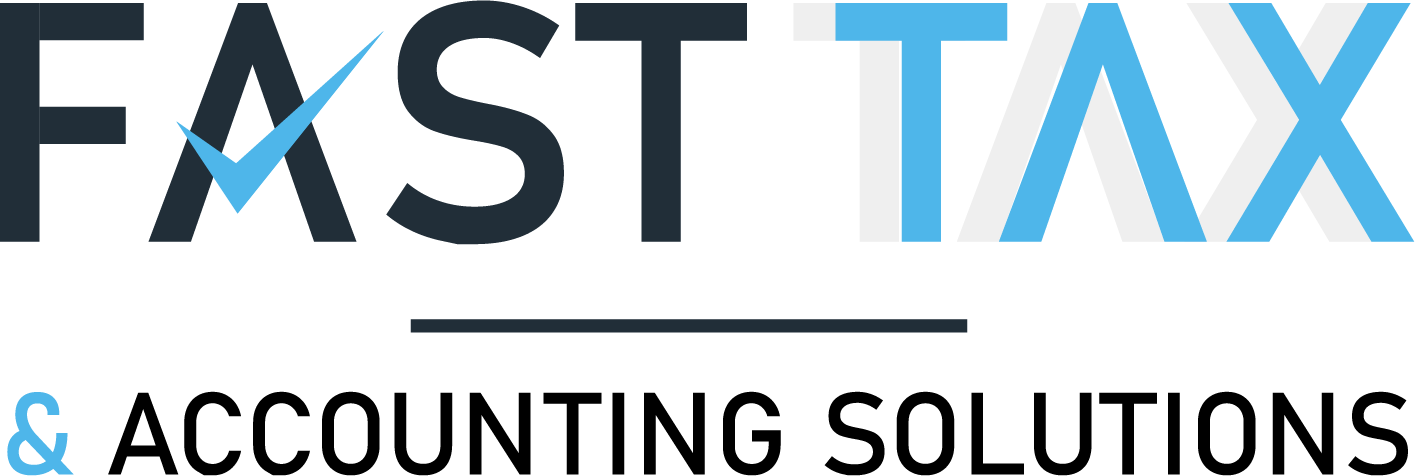Bookkeeping
We will help you keep all of your income and expense records in order to help keep your tax liability low when it comes to filing time. The profit/loss statement will also be given at end of a calendar year to give you ease during the filing process.

RUNNING YOUR BUSINESS REQUIRES YOUR FULL ATTENTION
Finding your own trusted bookkeeper can be challenging. Many companies experience high rates of turnover as they struggle to find an effective accountant who can be trusted with important tasks. We bring industry knowledge and expertise that not only will help advise you on the best business strategies but will also continue to grow your business year after year.
An underperforming bookkeeper can result in the loss of large sums of money and financial stress. Let an expert do the hard work for you so you can focus on what matters most to your business.
Accounts Payable
We get it, spending money in your business hurts a little inside. However, in order to grow, it’s inevitable, which is why accounts payables give you an in-your-face view of exactly what’s going out. You can imagine this as an account that represents what financials are owed by your business in the form of bills, invoices from vendors, and other operational expenses.
** This is important to ensure your business makes payments on time and helps prevent potential double payments.
Accounts Receivable
This type of accounting ledger creates a clear picture of what assets are owed to your business. If you sell a product or service without immediately taking payment, then you’ll have to track these transactions to make sure you’re getting everything you’re owed.
** AR is considered to be money due to your business from customers.
A detailed report can show refunds, collection periods, funds collects, outstanding balances, and more. This gives you more insight into what actions need to be taken in order to ensure your business is collecting everything it should, so your company can continue to grow and expand.
Cash Accounts
Cash accounts are pretty straightforward, perhaps the simplest form of accounting. This keeps track of all your business-related transactions in order to keep accurate track of financial activity.
** A cash account is by far the simplest way to record cash payments, withdrawals, and deposits.
Inventory
If you’re selling a product, digital or physical, then keeping total track of your inventory is a priority. Inventory bookkeeping can be systematically integrated into most businesses to help track what’s going out and coming in. It also gives you a way to compare recorded sales with available inventory. Is there a discrepancy in your inventory? Do you think something could be off?
**Properly executed inventory accounting means that at the end of each period, your calculated inventory ledger should match your physical inventory on hand. If it doesn’t there could be internal procedures that can be addressed to ensure accounting success.
Loans Payable
Borrowing money as a business owner, comes with the territory sometimes. It can be for anything from office equipment like computers, desks, and chairs or a company car to get from one project destination to another. These types of expenses are tracked using loans payable accounts and provide a clear indication of what you owe and what’s due for payment.
Owner’s Equity
This type of account tracks how much each owner puts into the business. Small businesses may only have one person or a small concentrated group of partners, so there is no actual stock share to divide ownership.
** In this case, all financials put into the company are tracked in capital accounts and funds taken out appear in drawing accounts. More importantly, your books should consistently reflect and record all of the owners’ equity accounts.
Purchases
Want to know your COG (Cost of Goods)? Purchases accounts are definitely the report that is needed in order to understand your true gross profits. It tracks your raw materials or finished goods purchased for your business. These purchases tie into calculating your cost of goods sold, which you’ll have to subtract from your sales account in order to discover your business’ gross profit.
Payroll Expenses
Owning a small business means, employees are pretty close with one another. This can cause the integrity of your pay structure to be jeopardized. This is a key factor why many companies use external accounting agencies for payroll. It provides an unbiased pair of eyes handling your most significant cost on an account you cannot ignore.
** No one works for free, and keeping an accurate account that is up-to-date and organized is essential when you need to meet tax reporting requirements, especially for those businesses seeking financial support, private or personal loans, and even PPP loans (we have one of the highest PPP loan acquisition rates for our clients)
Retained Earnings
It’s hard to believe that a business would have retained earnings, right? Well, not if you’re wanting to grow and expand. Retained Earnings tracks your company’s overall profits. This is after you pay dividends to shareholders, employee expenses, operations, and any other business-related expense. Retained earnings are cumulative, this means they will appear as a running total of money maintained since your business started.
**If you’re wanting to know the rate of growth your business is experiencing, then this reporting is for you, it provides a clear representation of your company’s financial growth, which can be compared by quarters, bi-annually, or year-to-year. Lets you know your capacity to reinvest in the growth or expansion of your business, especially if you are considering add multiple locations.
Sales
This is probably the single most important figure most business owners concern themselves with. How much am I selling? How many transactions am I making? Are we selling enough to hire more help? Open another store? It’s no surprise why business owners favor the Sales Account more than anything else. This ledger is where all incoming revenue from sales is recorded.
** It’s essential to business development and growth to accurately record and maintain the proper organization of your sales to know where your business stands.

FRONT-TO-BACK LEDGER
From the moment our relationship begins, marks the moment you can finally rest at ease, knowing your business financials are in the hands of experienced accounting professionals that learn how your business operates so that we can explain how each account impacts your business, its performance, and its viability to succeed.
WHY DO I NEED BOOKKEEPING FOR MY BUSINESS?
Not only does keeping clean and organized records help you identify bottlenecks, obstacles, or potential financial disasters, it is also a valuable tool when seeking additional capital for your business.
Having accurately recorded financials opens the door on numerous funding avenues that can range from finding new and more lucrative investors, showing shareholders that your company is profitable and stable enough to meet expectations of growth, but it also plays an insurmountable role in securing personal and business loans. For instance, we have one of the highest PPP Loan acquisition rates around. If our clients are in need, our immaculate delivery of reports provides the right information displayed exactly how it’s needed, in order to best present your company and its eligibility in securing personal loans, business loans, and even PPP loans.




